Kidney stones are a common disease in today's era. One thing that is special is that the number of kidney stone cases tends to increase dramatically in the cold season.
Causes of kidney stones increase in cold weather
According to Mr. Amit Kumar, a kidney specialist at SHALBY Sanar International Hospital (India), on cold days, people tend to be less physically active. This not only slows down the digestive process but also affects intestinal motility, increasing the risk of kidney stones.
At the same time, reducing activity levels can lead to changes in urine flow, which is important in preventing stone formation.
Dehydration is common in winter as people drink less water. This causes urine to become more concentrated, creating an ideal environment for kidney stones to form.
Excessive consumption of nuts, peanuts, spinach, meat, cheese, and dairy products can increase the risk of stone formation. These foods are often rich in oxalates and proteins, which can form kidney stones. The combination of these factors in concentrated urine increases the likelihood of mineral crystallization in the kidneys.
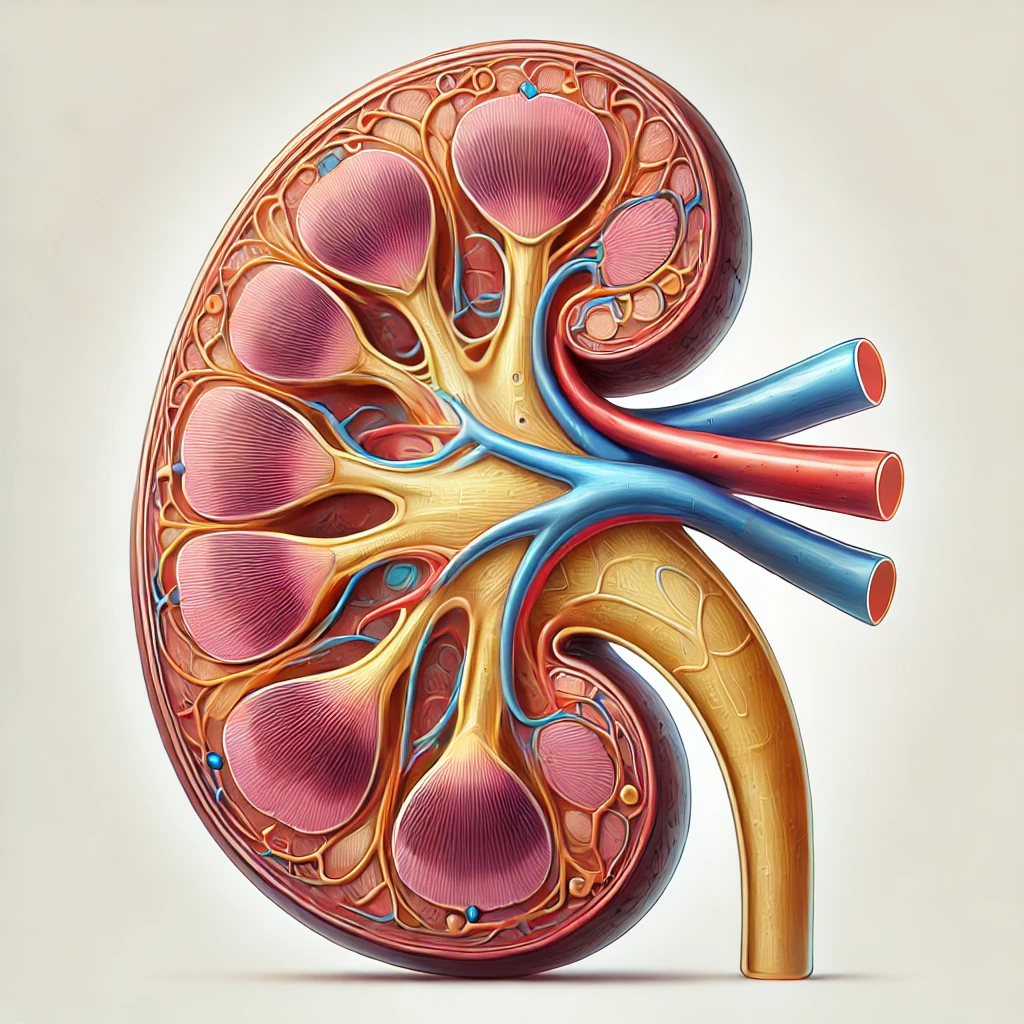
Excessive consumption of foods made from nuts, peanuts, spinach, meat, cheese and dairy products can increase the risk of forming kidney stones.
Symptoms of kidney stones
Kidney stones often present with a variety of symptoms, including sharp pain in the back, hips, and groin, nausea, vomiting, and red or brown urine due to blood. Some cases can also cause blockage of urine flow or pain when urinating.
The above are warning signs of kidney stones that need to be treated promptly to avoid serious complications.
How to prevent kidney stones
One of the simplest ways to reduce your risk of forming kidney stones is to stay hydrated.
You should drink 2-3 liters of water per day to help dilute urine and reduce the risk of mineral crystallization.
Maintaining a balanced diet is also important. Limiting your intake of foods high in oxalates, such as spinach, and reducing your intake of animal protein, such as leafy greens, can help reduce your risk of developing kidney stones.
Additionally, regular physical activity not only improves digestion but also maintains healthy urine flow, preventing mineral buildup in the kidneys.
Obesity is considered a high risk factor for kidney stones, so maintaining a healthy weight is essential.
Although calcium is essential for bone health, excessive intake through medications or supplements can increase the risk of kidney stones.
Source: https://thanhnien.vn/tai-sao-benh-soi-than-tang-dot-bien-vao-mua-lanh-185250108104142585.htm


![[Photo] National Assembly Chairman Tran Thanh Man meets with outstanding workers in the oil and gas industry](https://vstatic.vietnam.vn/vietnam/resource/IMAGE/2025/4/17/1d0de4026b75434ab34279624db7ee4a)
![[Photo] Closing of the 4th Summit of the Partnership for Green Growth and the Global Goals](https://vstatic.vietnam.vn/vietnam/resource/IMAGE/2025/4/17/c0a0df9852c84e58be0a8b939189c85a)

![[Photo] General Secretary To Lam receives French Ambassador to Vietnam Olivier Brochet](https://vstatic.vietnam.vn/vietnam/resource/IMAGE/2025/4/17/49224f0f12e84b66a73b17eb251f7278)
![[Photo] Nhan Dan Newspaper announces the project "Love Vietnam so much"](https://vstatic.vietnam.vn/vietnam/resource/IMAGE/2025/4/17/362f882012d3432783fc92fab1b3e980)
![[Photo] Promoting friendship, solidarity and cooperation between the armies and people of the two countries](https://vstatic.vietnam.vn/vietnam/resource/IMAGE/2025/4/17/0c4d087864f14092aed77252590b6bae)
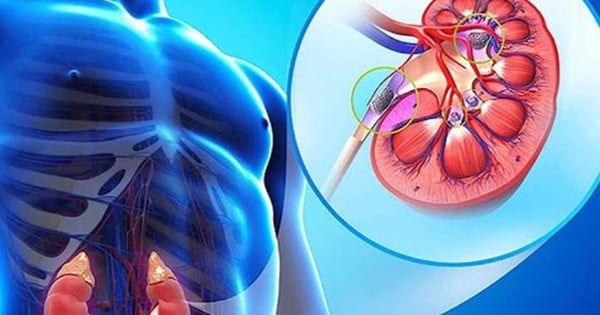

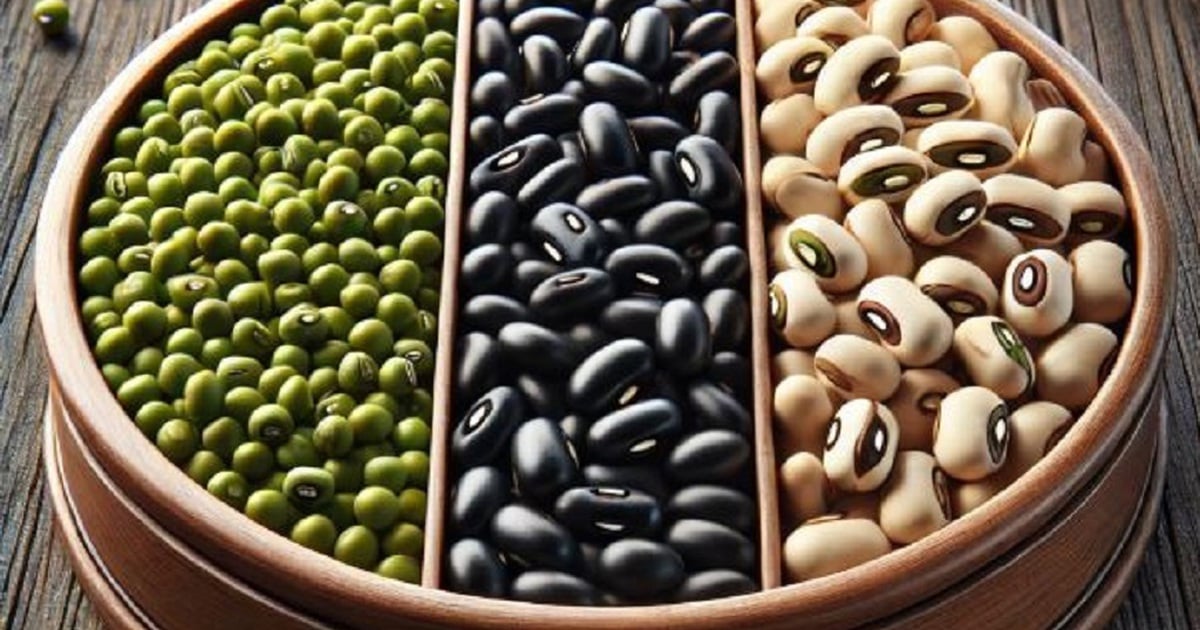
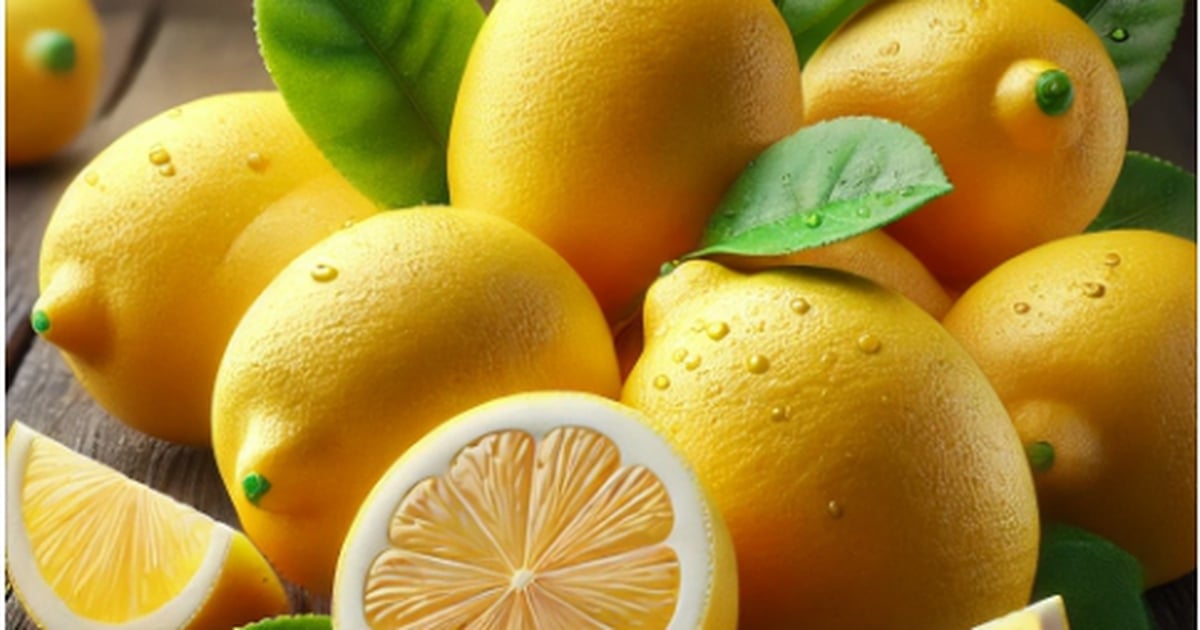



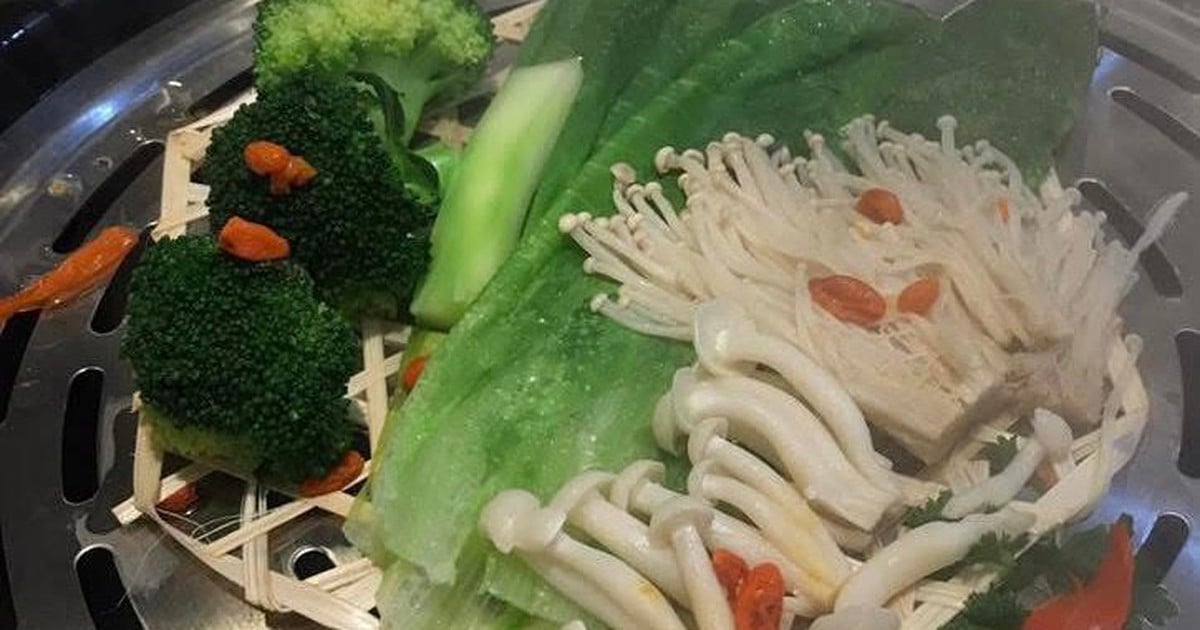

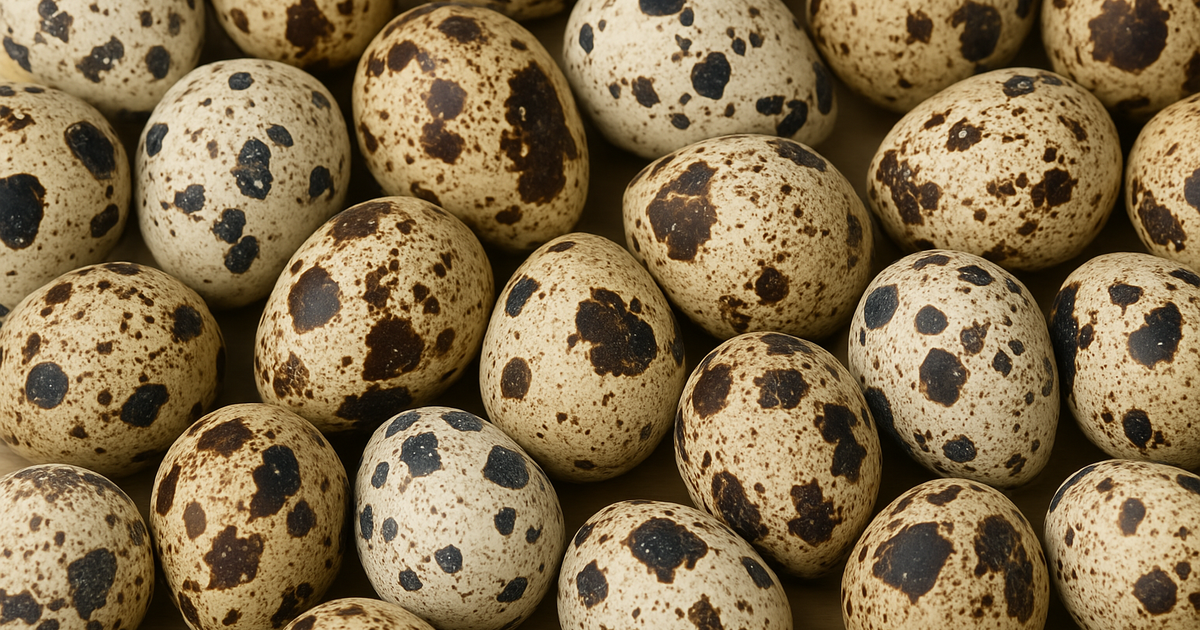
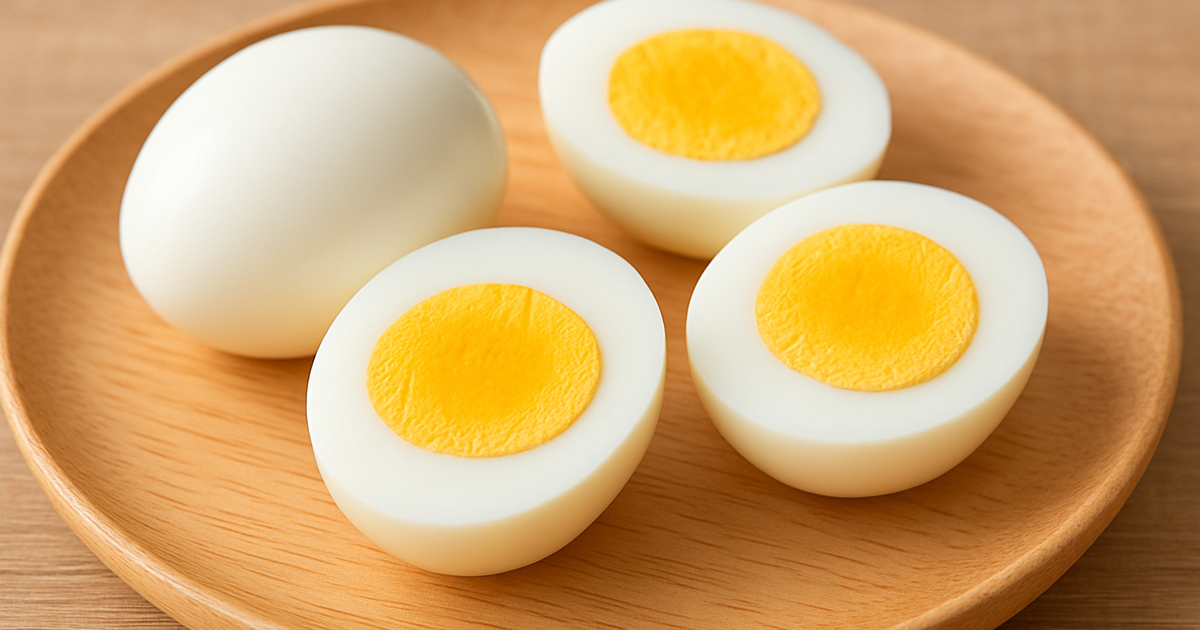













![[Photo] Welcoming ceremony for Chinese Defense Minister and delegation for friendship exchange](https://vstatic.vietnam.vn/vietnam/resource/IMAGE/2025/4/17/fadd533046594e5cacbb28de4c4d5655)




























![[Video] Viettel officially puts into operation the largest submarine optical cable line in Vietnam](https://vstatic.vietnam.vn/vietnam/resource/IMAGE/2025/4/17/f19008c6010c4a538cc422cb791ca0a1)





















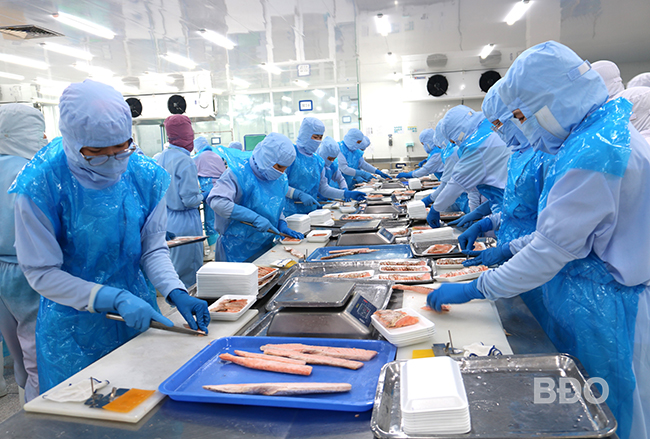

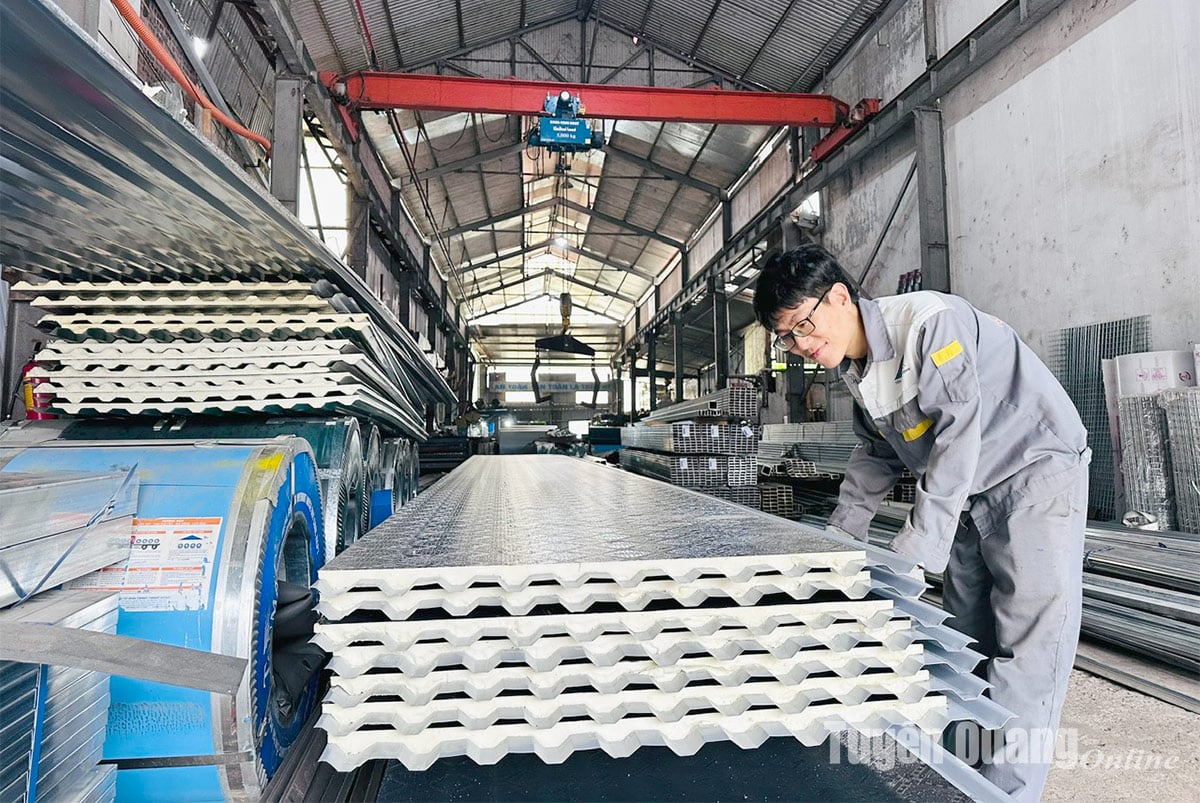













Comment (0)